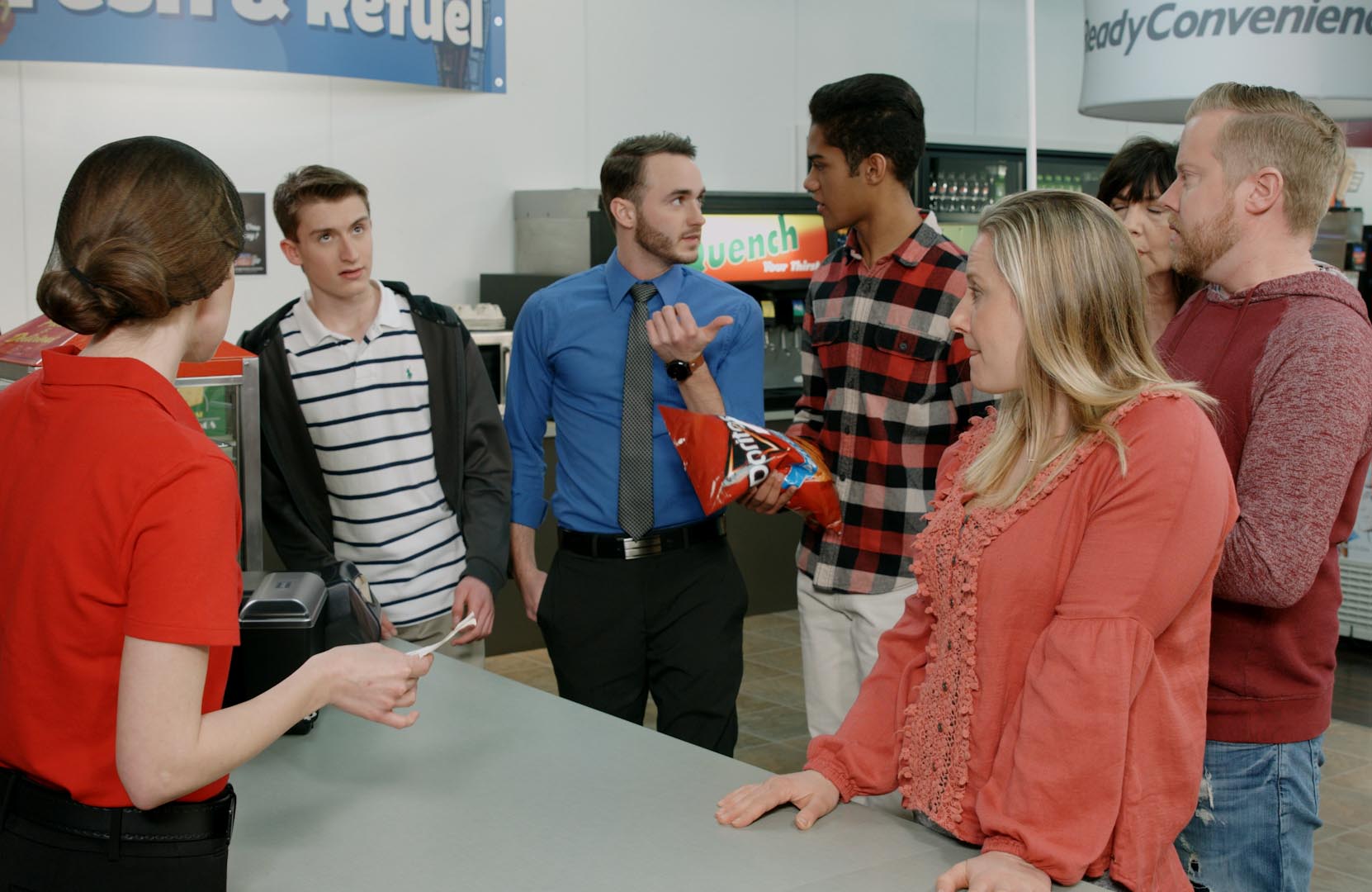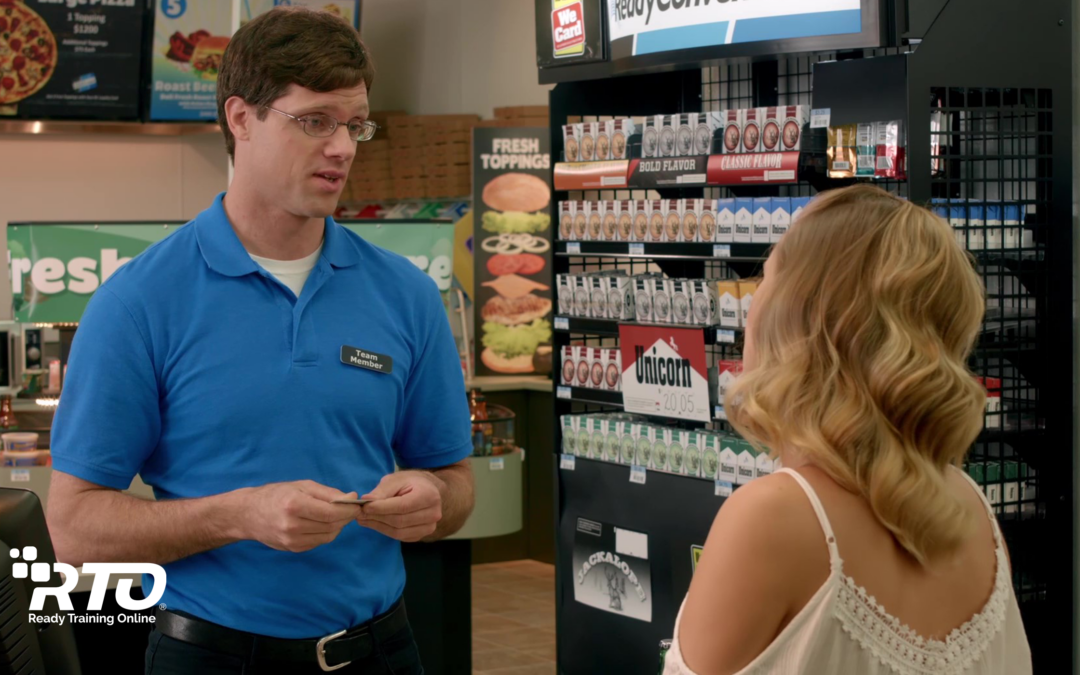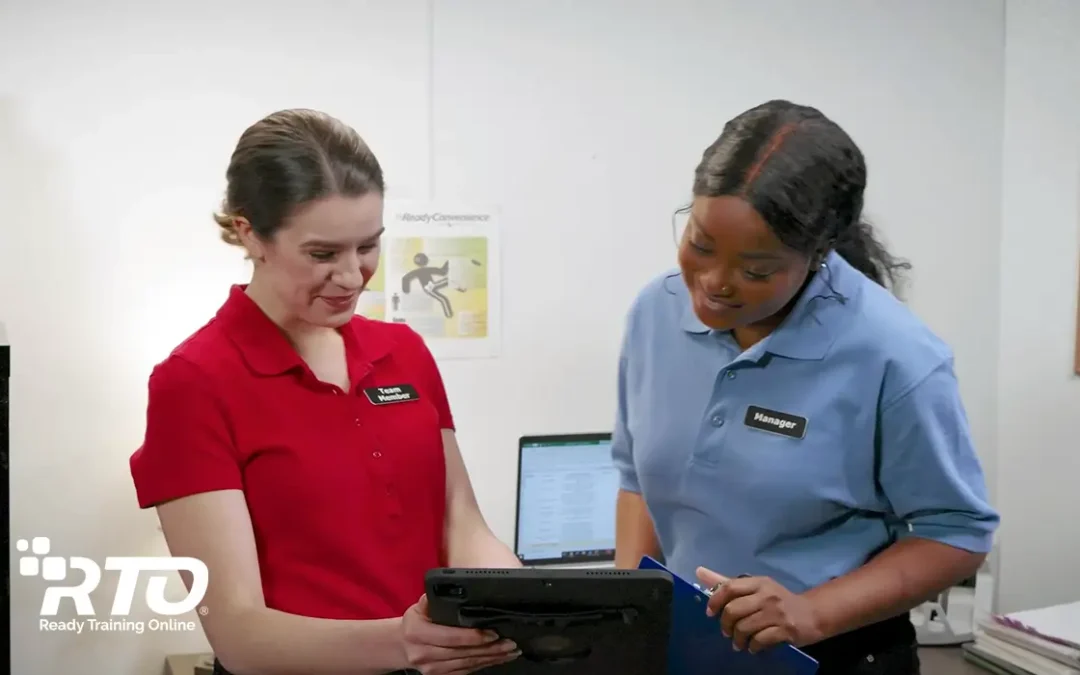You can’t please everyone all the time. Customers will have problems sometimes – maybe the coffee doesn’t taste right, the soda machine is out of ice, the pump is going too slow, or the line is too long. The list of potential guest service problems is as diverse as your customers themselves. Sometimes, customers will have legitimate complaints that you and your staff can correct. Other times, issues are unavoidable. And sometimes, a customer may just be having a bad day and feels like complaining. The key to all guest service problems is to be proactive.
What Does It Mean to Be Proactive?
Being proactive is different than being prepared. Being prepared means employees can handle issues when customers complain. Being proactive means employees can handle issues before they even become problems. Here’s how:
- Know your customers. You and your staff know better than anyone what c-store customers need. After all, their general need for convenience is the cornerstone of your business. You should also get to know your regular customers personally. When you understand why customers come in, what they’re looking for, and how they expect to be treated, you can anticipate their needs and deliver exceptional guest service.
- Support proactive guest service with training. Today’s employees generally have a reactive mindset. They’re much more likely to wait for a problem to come to them than they are to seek it out before it happens. Shifting employee thinking to be more proactive takes training. Identify problem areas in the store and give employees real-life strategies to spot and take care of issues before they happen. Explain why it’s important. Not only does proactive guest service improve customer satisfaction, avoiding problems is often much easier than solving them!
- Hire with proactive guest service in mind. Some people are better able to think proactively than others. As part of your hiring process, practice behavioral interviewing. Questions that focus on past behaviors rather than past experiences will yield more telling answers. Behaviors are formed over time through repetition. If an individual has done something in the past, they’re more likely to repeat it in the future. Instead of asking yes or no questions, ask for specific examples of past behaviors that would be a good fit for your proactive guest service strategy.
Convenience Store Training on Proactive Guest Service
For more information on how to provide proactive guest service, check out our Be Our Guest training, now available online. Click here for more information and a preview.





